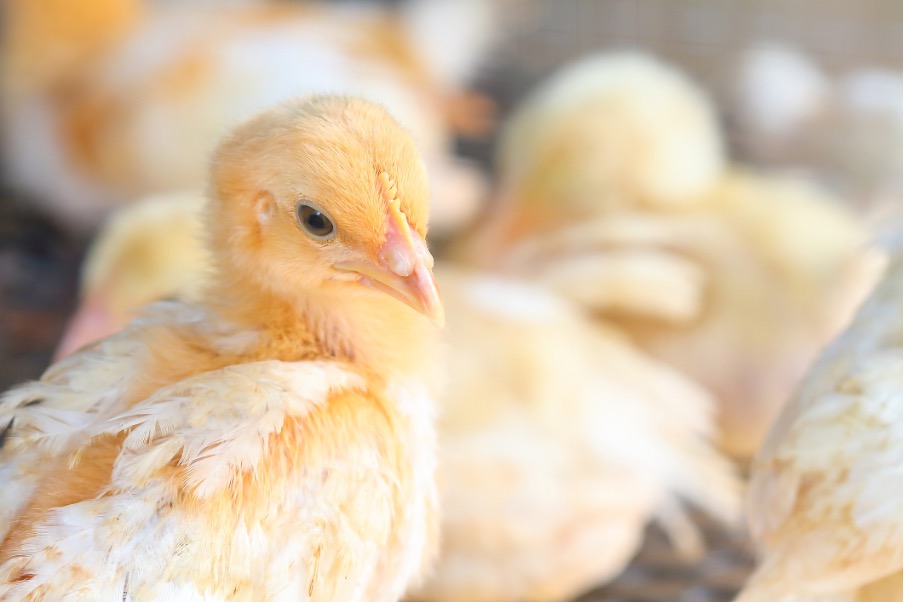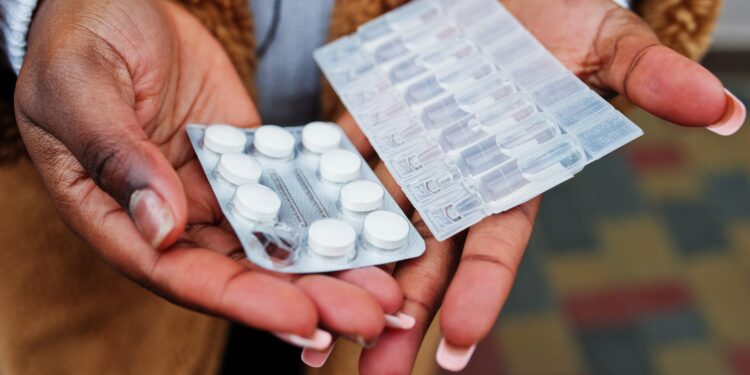Factory Farms, Food Recalls & the Rise of Superbugs
By Loxion News Staff Writer
Antibiotics have saved millions of lives since their discovery, but their overuse – both in human medicine and factory farming – is pushing the world toward a dangerous future. Experts are warning that we could be heading into a post-antibiotic era where even minor infections may once again become deadly.
And the biggest culprit? Factory farms.
What Are Antibiotics & Why Do They Matter?
Antibiotics, also known as antimicrobials, are drugs that kill bacteria and stop infections from spreading. The first antibiotic – penicillin – was discovered in 1928 by bacteriologist Alexander Fleming after noticing that a certain mold could stop bacteria from growing.
Since then, antibiotics have become one of medicine’s most powerful weapons, defeating deadly diseases like meningitis, tuberculosis, and cholera. When used appropriately, they are lifesaving.
But here’s the catch: antibiotics are being used far too often.
According to the CDC, over 211 million antibiotic prescriptions were written in the United States in 2021 – many unnecessarily. Worse still, antibiotics are routinely given to healthy animals on factory farms. This overuse is helping create antibiotic-resistant bacteria, better known as superbugs.
The Hidden Dangers of Antibiotic Overuse
While antibiotics fight harmful bacteria, they also wipe out beneficial bacteria that keep your gut healthy. This can disrupt your microbiome, leaving you vulnerable to future infections and health problems.
But the most worrying consequence of antibiotic misuse is resistance – bacteria mutating to survive even the strongest drugs. These “superbugs” make common infections harder to treat, leading to longer hospital stays, higher medical costs, and more deaths.

Global Impact:
- Nearly 3 million antibiotic-resistant infections occur every year in the US alone.
- 35,000 people die annually in the US from these infections.
- Worldwide, 5 million deaths are linked to antimicrobial resistance each year.
Health experts warn that if this trend continues, we could enter a post-antibiotic era by 2050, with millions dying annually from infections that were once easily treatable.
Factory Farms & the Antibiotic Crisis
Modern industrial farms – also known as CAFOs (Concentrated Animal Feeding Operations) – are ground zero for antibiotic overuse.
Chickens, pigs, and cattle are raised in overcrowded, unsanitary conditions where disease spreads easily. To keep animals alive and fatten them up faster, farms routinely add antibiotics to animal feed and water.
Why this is a problem:
- Bacteria exposed to constant low doses of antibiotics become resistant.
- These resistant bacteria spread through meat, farmworkers, and even the environment.
- When humans get infected, normal antibiotics don’t work – leading to dangerous outbreaks and costly food recalls.
If you wanted to create the perfect breeding ground for superbugs, a factory farm is exactly where you’d do it.

What Can You Do About It?
While global policy changes are urgently needed, here are steps you can take now:
Buy antibiotic-free meat: Look for “raised without antibiotics” or “organic” labels.
Avoid unnecessary antibiotics: Ask your doctor if antibiotics are truly needed before taking them.
Boost your gut health: Eat probiotic-rich foods like yoghurt, kefir, and fermented vegetables to restore good bacteria.
Support better farming practices: Push for stronger regulations on antibiotic use in livestock.
The Bottom Line
Antibiotics are a modern medical miracle – but overuse is turning them into a ticking time bomb. The connection between factory farming, food recalls, and antibiotic resistance cannot be ignored.
South Africans, and the world at large, must take urgent action – from demanding antibiotic-free food to pressuring governments for stricter farming regulations. Our future health depends on it.


















